- News
- Reviews
- Bikes
- Components
- Bar tape & grips
- Bottom brackets
- Brake & gear cables
- Brake & STI levers
- Brake pads & spares
- Brakes
- Cassettes & freewheels
- Chains
- Chainsets & chainrings
- Derailleurs - front
- Derailleurs - rear
- Forks
- Gear levers & shifters
- Groupsets
- Handlebars & extensions
- Headsets
- Hubs
- Inner tubes
- Pedals
- Quick releases & skewers
- Saddles
- Seatposts
- Stems
- Wheels
- Tyres
- Tubeless valves
- Accessories
- Accessories - misc
- Computer mounts
- Bags
- Bar ends
- Bike bags & cases
- Bottle cages
- Bottles
- Cameras
- Car racks
- Child seats
- Computers
- Glasses
- GPS units
- Helmets
- Lights - front
- Lights - rear
- Lights - sets
- Locks
- Mirrors
- Mudguards
- Racks
- Pumps & CO2 inflators
- Puncture kits
- Reflectives
- Smart watches
- Stands and racks
- Trailers
- Clothing
- Health, fitness and nutrition
- Tools and workshop
- Miscellaneous
- Buyers Guides
- Features
- Forum
- Recommends
- Podcast
Prepare for your target cycling event like a pro: Elisa Longo Borghini's top tips for success, whatever your goal

This article includes paid promotion on behalf of Rouvy
Whether you’ve just entered your first sportive, have a target event on the horizon or are one of the very best in the world, thorough preparation can make or break how an event goes. It can be the difference between achieving that lifelong dream, and being sat on the side of the road crying! To make sure you achieve your next big cycling goal, we spoke to Paris Roubaix Femmes winner and current Italian National Champion Elisa Longo Borghini to let us in on the secrets of how the pros prepare for races.
Preparing for a target cycling event requires a combination of physical training, mental preparation and strategic planning. We think there are seven main things to consider before swinging your leg over the bike on race/event day...
1. Set clear goals
Riders should define their specific goals for the cycling event, whatever it might be/ Whether it's completing a certain distance, achieving a personal best time, or simply enjoying the ride. Clear goals will guide your training and keep you motivated.
Longo Borghini said, "We start planning [our goals] more or less in October with a brief chat with the DS and management and then we have our schedule in December so we have a full winter to prepare for our goals."
She also emphasised the importance of setting goals, highlighting their value for amateur riders. By establishing clear goals, riders can tailor their training plans accordingly for effective scheduling.
"It's also worth having goals as an amateur because then you can plan your training and preparation ahead, and even your holiday from work because if you're an amateur, you're normally working.
"It's really important to plan in advance when you're working, and probably speak to the husband or wife if they agree with that."
2. Familiarise yourself with the course
> How does riding your favourite climb on Rouvy compare to real life?
Preparing for races or events can be difficult, since there are so many things that you can't control. Longo Borghini explains that one of the most important things to do is pre-ride the route, or at least key sectors; but with races and cycling events taking place all over the world now, it's not always possible to go everywhere.
"To try and prevent things unexpected we always go and try the route of the race in advance, but sometimes the races are all around the world, so we pre-ride them on Rouvy", said Longo Borghini.
"It's so realistic and you can just try the lap having an overall view of what the route looks like and then you can be prepared."
How does riding the routes on Rouvy help?
"It is so realistic because it's a video that they put on the app so you basically see the actual route, the tarmac and so on, so you don't have any surprise when you're riding it.
"You can also plan in advance where the key points are and where you should maybe eat or drink or rest because there are places where it's easier to decompress a little bit and to reset, to be able to refocus later on when it's really needed."
3. Have a structured training plan
After deciding on her season goals, Longo Borghini then works with internal coaches from the team to develop a well-structured training plan that includes a mix of endurance, strength and speed workouts, tailored around the events.
For amateur riders, not everyone has access to a coach or warmer climates to train, so it's important to make the most of the time available for training, especially during the week between work commitments. Fortunately, you can now do high-quality workouts without even leaving the house.
Longo Borghini said, "I think Rouvy is really important for an amateur because normal times for finishing a shift is around eight in the evening, so you don't really have light to go out if it's not summer.
"You can just jump on the rollers and have specific training on the rollers and again, you have a clear view of the parcour you're going to ride. It's nice [unless it's a really hard session, of course!], the time goes faster, you can also create a community and you can basically enjoy your ride by not moving from home."
4. Nutrition and hydration are key
Another factor that's really important when preparing for a race or event is your fuelling. Professional cyclists are fortunate to have nutritionists that plan their nutrition for races and training, but fuelling effectively is just as important for amateur riders to perform at your best.
Longo Borghini said, "I think it's really important for an amateur rider to take into account to have enough carbs for instance, because we tend not to have enough of them. We always say that a little bit more is always better than a little bit less.
"Sometimes before a big event it's better to eat a bit more and to feel a bit full at the beginning of the race than to feel completely empty after 20 kilometres. So nutrition is really important."
Another point Longo Borghini made was that it's important to practice your nutrition strategy for a race or event during training, and avoid trying anything new on the event day.
"I train my body to get enough fuel and to digest the carb intake that we have to use during the races in training", she explained.
"The tip I would give to a person that wants to have a specific goal is to try and eat every 30 minutes in a ride, and to keep this balance and try to hydrate as much as possible, at least a bottle per hour."
This is another benefit of riding the routes in advance, virtually or outside. You can decide where the good times to eat are, or when it might be harder to eat, such as on a technical descent.
5. Rest and recovery
Allowing your body to recover by incorporating rest days into your training schedule is really important, as overtraining can lead to fatigue and an increased risk of injury.
"Having a full day of recovery allows your body to be able to go even deeper the day after. And we usually say that recovery is training", Longo Borghini said.
"In a normal recovery day, you get to stretch, you get to use the foam roller, you get to have a very good massage and then you try to prioritise sleep."
This approach is particularly important in the days leading up to an event, to maximise your tapering to get your body ready for the race. Granted, we may not all have a masseuse at our beck and call, but all of us can at least take care of at least the sleep and stretching with some careful planning.
Amateur riders will likely require quite a bit more rest than professional cyclists like Longo Borghini, because pros have accumulated years of training and experience, allowing them to handle higher training loads compared to amateurs. For some more tips on rest and recovery, click here.
6. Mental preparation
> Rouvy revamped! Now with AI, new routes and easier navigation
When it comes to preparing for an event, mental preparation is equally as important as physical preparation. Prepare for potential challenges and have strategies to stay focused and motivated during the ride.
Longo Borghini explains how being a professional cyclist is mentally tough as well as physically hard, particularly when you are targeting a specific race. She said, "You have to develop a positive mindset, self-talk, like I'm now at this point of the race but I can actually make it and I can do it and stuff like that. Like self-talking is really important and it's something that you can train."
Lidl-Trek benefits from a team of psychologists supporting their riders, but Longo Borghini emphasises that amateur riders should also practice positive self-talk. Again, familiarity with the route gained through riding it before the event can increase your confidence when facing challenging sections during the event.
7. Bike maintenance
Our bikes can get some abuse over the course of a season. So, how can you make sure it doesn't let you down on race day?
Longo Borghini said, "Well, again, I'm very lucky because we have a team of mechanics that are looking after our race bikes, but our training bikes are on us as riders. So, I always make sure that my bike is clean, I always clean my bike almost after every ride.
"Then I try to have a good maintenance schedule with the local mechanic, changing the disc brake parts and the chain frequently, because these gets really ruined in training, especially during the winter."
Mechanicals happen and it’s frustrating when they do, but a well-maintained bike will improve efficiency and reduce the risk of mechanical issues during an event.
Let us know what events you’re preparing for down in the comments section below...
Emily is our track and road racing specialist, having represented Great Britain at the World and European Track Championships. With a National Title up her sleeve, Emily has just completed her Master’s in Sports Psychology at Loughborough University where she raced for Elite Development Team, Loughborough Lightning.
Emily is our go-to for all things training and when not riding or racing bikes, you can find her online shopping or booking flights…the rest of the office is now considering painting their nails to see if that’s the secret to going fast…

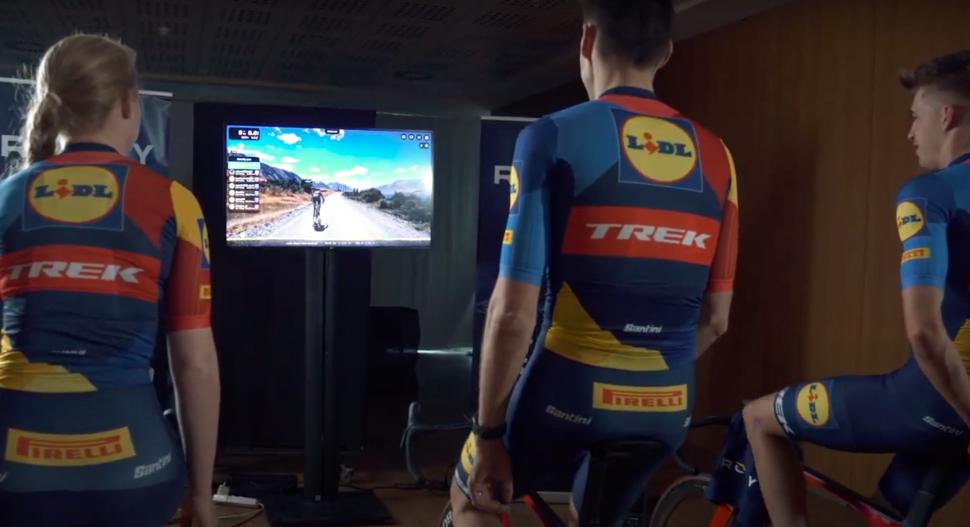
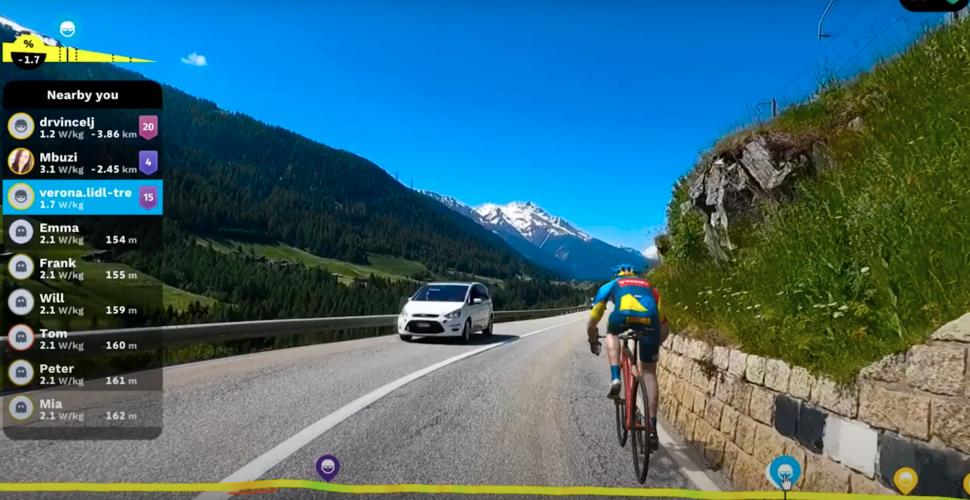
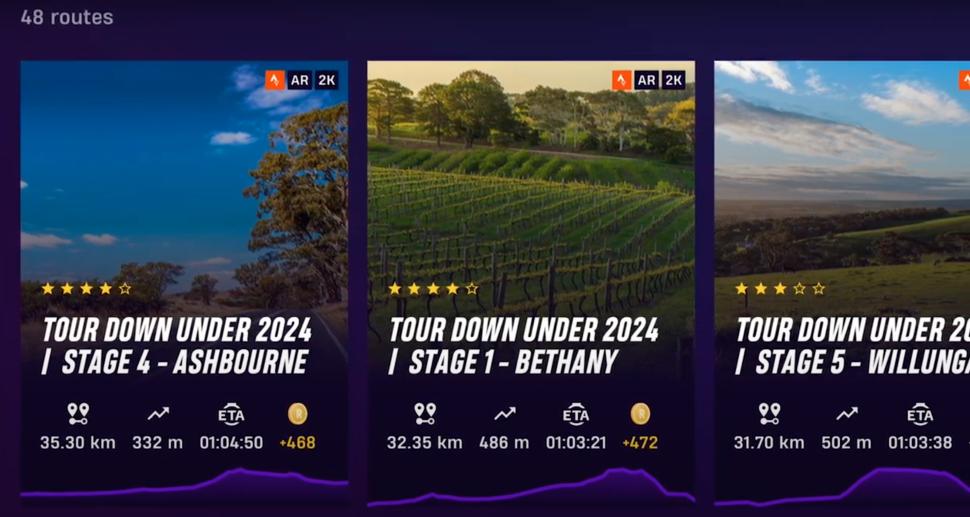
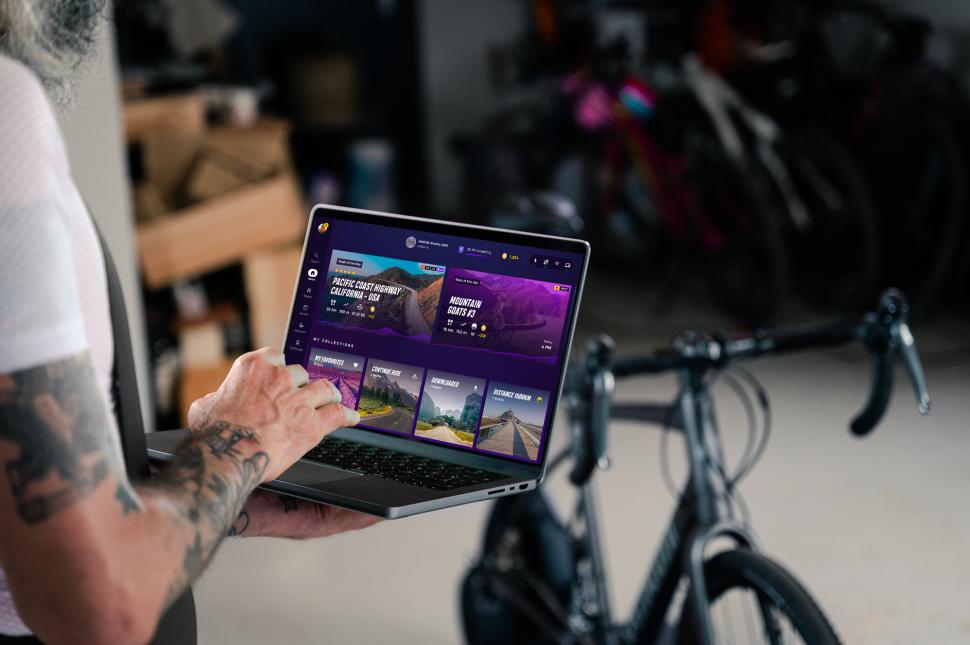
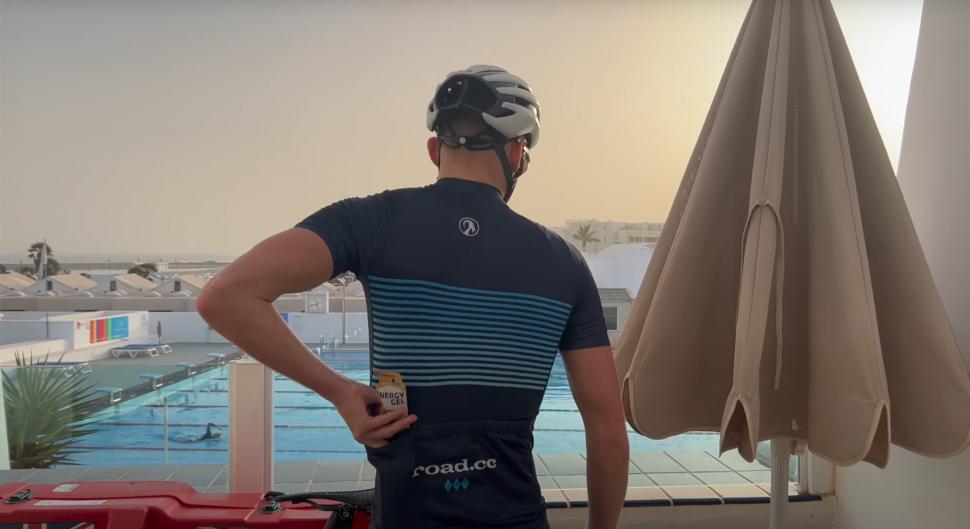
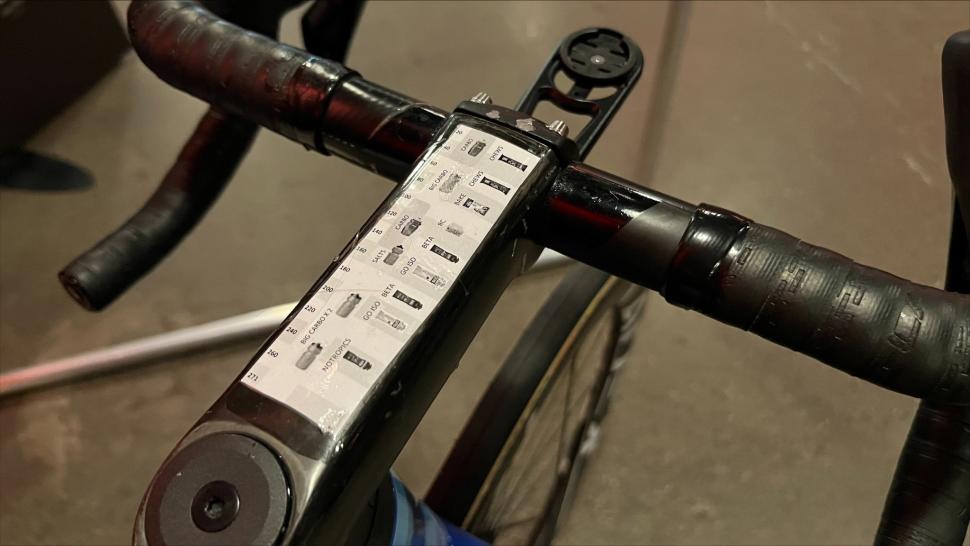
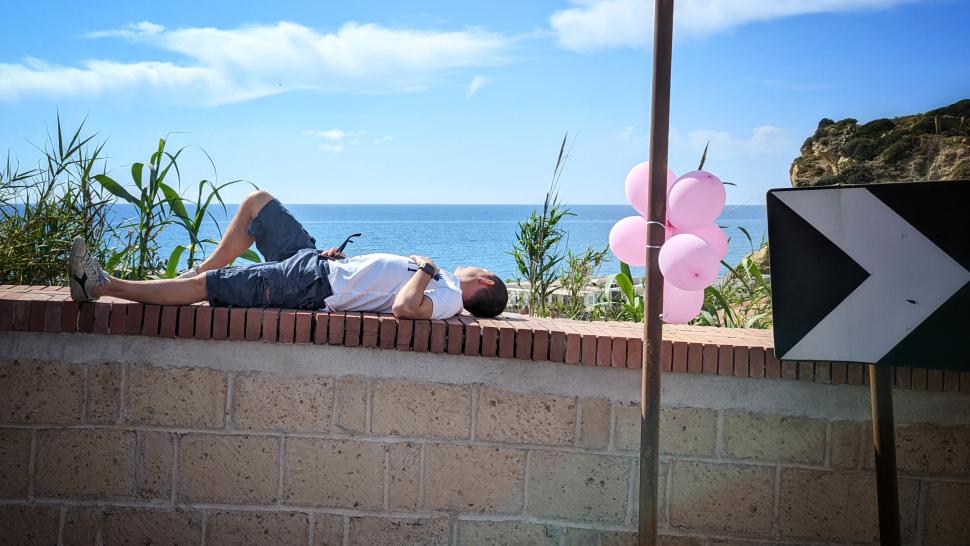
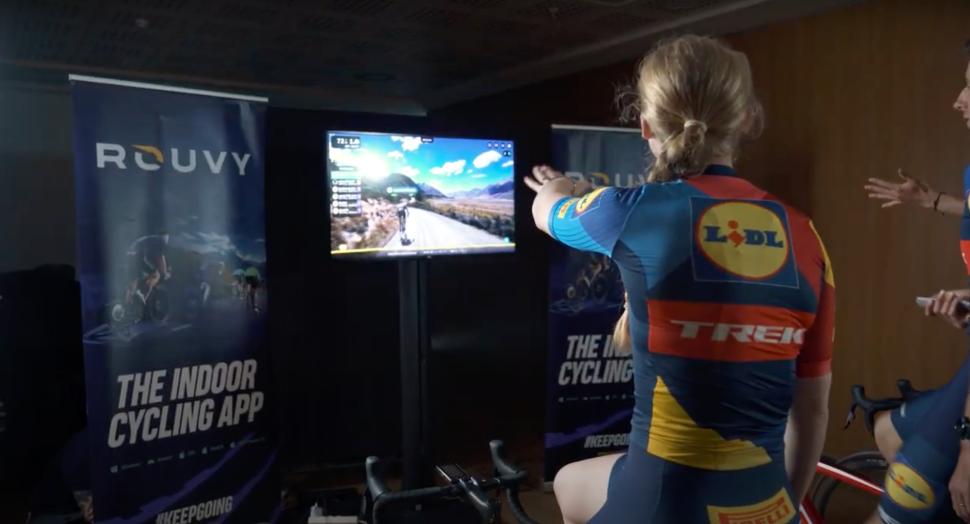
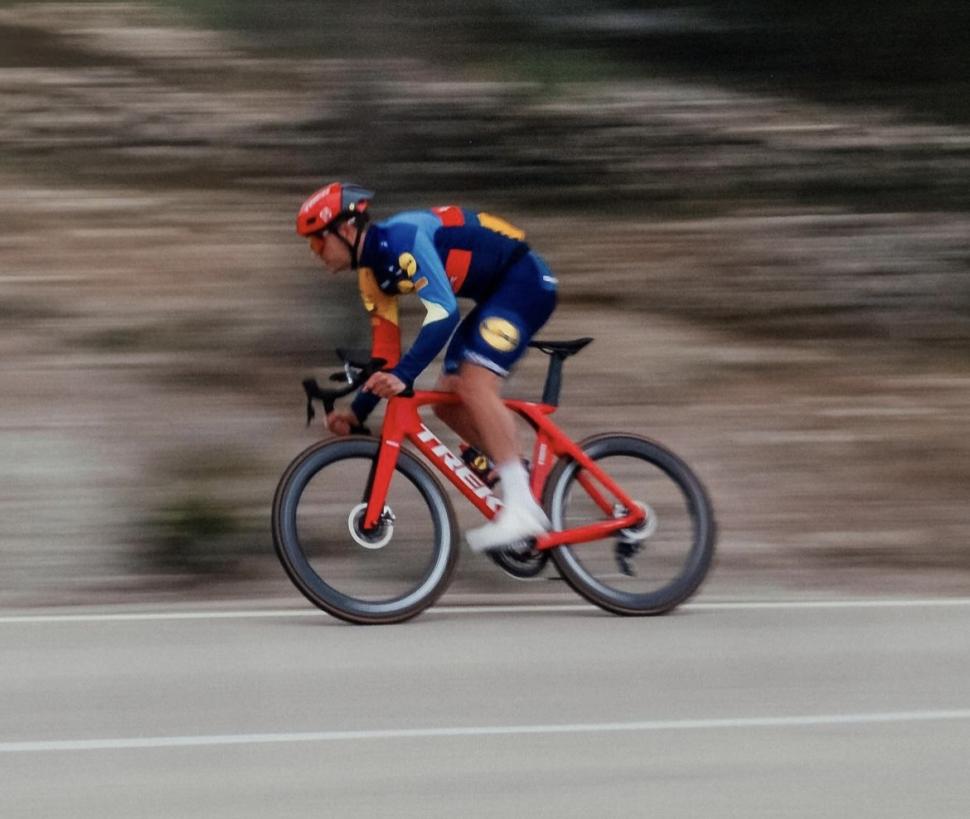
Anodizing the aluminium is also for corrosion resistance and therefore enhances the longevity of the rims while this is not really a case for...
Wheelsmith has always been very good for me. Malcolm was always very opinionated so I got bored with him telling me I should be riding tubeless,...
I assume you can carry an e-bike battery on the tube if you leave the bike at home. ...
I love it - it's a roundabout with a sculpture of a roundabout on its desk!
From the position of the cyclist when the video starts and the position of the bike later, it looks highly unlikely that the cyclist went "into the...
To rhyme with design. I wondered this myself so looked it up a while ago, according to the founder Micki Kozuschek he and his team had a few...
It's not being pedantic at all, careless driving is successfully prosecuted (and I have been in court more than once when a driver has been...
It's hopefully an urban myth but I heard it was designed that way on purpose, so the cyclepath captured any flooding and the busway would remain clear
I should imagine eating chopsticks anywhere could be potentially rather perilous.
When The Badger stopped for protesters (albeit dockworkers rather than farmers) it was their stress gauges rather than his that would have been...